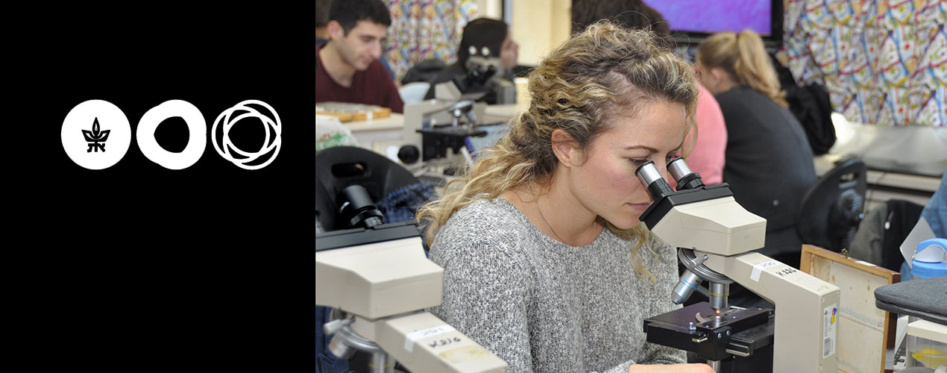Blocks of Basic Science – First Year of Study
The first year of the pre-clinical curriculum is based on the building blocks of the basic sciences. Each Block is composed of interrelated disciplines. The curriculum focuses on normal structure and function, and it is primarily lecture and laboratory-based with courses incorporating small-group interactive learning in the form of Case-Based Learning or “CBL.”
The ASM – Art & Science in Medicine course runs continuously through the first and second years and continues into the third clerkship year. This course addresses the fundamentals of the doctor-patient relationship and includes instruction in medical interviewing. Important topics covered include Professionalism and Medical Ethics.

Human Systems – Second Year of Study
The second-year curriculum is based on human systems and concentrates on abnormal structure and function. The curriculum changes from a primarily lecture-based one to a curriculum that emphasizes independent study and problem-solving. Most lectures are available online on Moodle, our virtual curriculum platform. The curriculum includes on-line exercises, as well as small-group interactive exercises that are held in class.

Clinical Hospital Days
During the second year of study, students begin their training in the clinical setting. Students are divided into small groups that spend one day a week in a hospital outpatient setting. The mornings are spent with an assigned tutor. History-taking and physical examination skills are taught and students practice seeing patients under the guidance of their tutor. Afternoons are spent viewing clinical procedures and investigations appropriate to the body system being studied.
Assessment
The Program uses the National Board of Medical Examiners (NBME) Customized Exam Service for all final examinations throughout the first and second years of studies. We strongly believe in both formative and summative assessment; therefore, students will be assessed with graded quizzes and exercises during each Block and System, prior to the final examination. At the end of the second year of study, students complete the NBME Comprehensive Exam, followed by the USMLE Step 1 Exam. Students must achieve a passing grade on both these examinations to progress to the third year of study.
Hebrew Instruction
It is important to gain competence in the Hebrew language for your clinical studies.
While all textbooks are in English and the basic medical sciences are taught in English, some proficiency in Hebrew is mandatory by the end of the second year to allow communication with patients and hospital personnel.
The American Medical Program at Tel Aviv University provides Mandatory Hebrew courses during the first and second years of study. These Mandatory Hebrew classes are part of your academic activities as any other activity. Students must pass a Hebrew competency exam at the end of the second year. Students with sufficient Hebrew will be exempt from Hebrew classes.


